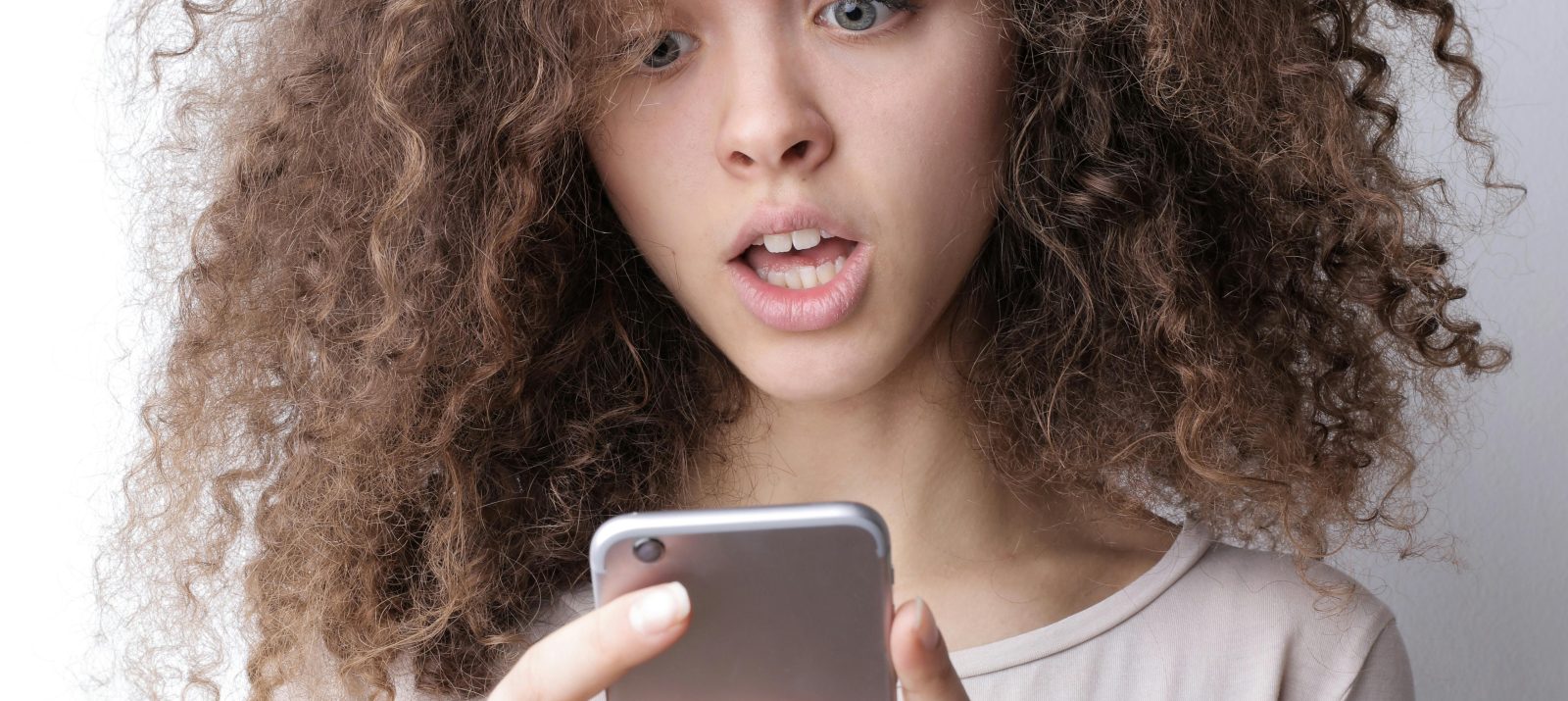
Whether in class chats, on social media or via a search engine – many children and young people come across pornography while surfing, whether intentionally or not. According to a study conducted by the NRW Media Authority in 2023, the average age of first contact is 13, which is nothing unusual.
However, according to the JIM study by the Media Education Research Association Southwest 2023, one in four of the 12-19-year-olds surveyed came into contact with pornography unintentionally. When children and young people are unintentionally exposed to pornographic photos or videos, it can be overwhelming and stressful for them. It becomes particularly critical when it comes to so-called “hard pornography”.
In the case of pornographic content, a distinction is made between simple and hardcore pornography:
You can find out more about the legal provisions on pornography on the Internet here at klicksafe.
Accompany your child as they take their first steps on the Internet and explain to them that they may come across content that they find unpleasant. If your child accidentally comes into contact with simple pornography, be there for them as a contact person. Especially with younger children, it is important not to leave them alone with such experiences. They are often unable to properly categorize what they see because it is outside their own sphere of experience. Provide age-appropriate information if your child asks questions about love and sexuality. If you are unsure, seek support, for example from the parents’ helpline of the Nummer gegen Kummer.
If your child shows you prohibited content of hard pornography on the Internet, for example on a website or social media, proceed as follows:
The possession of depictions of abuse is a punishable offense; young people aged 14 and over are liable to prosecution in Germany. If your child is sent a photo or video via chat that is suspected of showing abuse of children and young people, you should act immediately:
Discuss these points with your child. The Internet Complaints Office has summarized further information on how to deal with misrepresentations on the Internet in this PDF document.
Keep in touch with your child about their media use and prepare them for the fact that they may be confronted with problematic content or communication risks online. Establish media rules in the family that everyone adheres to. For example, not responding to contact from strangers or not clicking on links that strangers share in chat messages or emails. For younger children in particular, use technical measures to protect minors from harmful media, such as filter programs for surfing or children’s accounts for apps. Make settings such as deactivating the automatic media download on WhatsApp so that your child does not accidentally save prohibited material. Explain to your child what is allowed and what is not allowed when it comes to pornography. Make it clear to your child when forwarding pornographic content makes them liable to prosecution. In this article, you can read more tips on how you can help your child deal with pornography online and how you can protect them from content that is harmful to minors with the help of technical youth media protection.